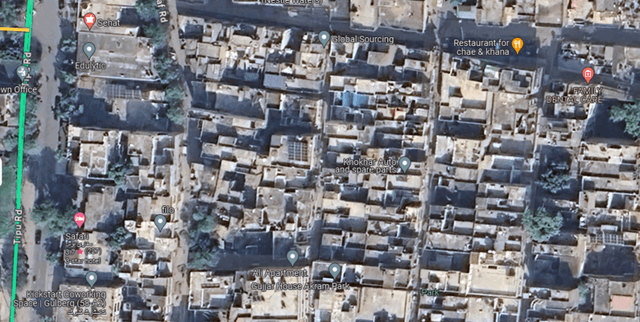Pakistan National Population Trends
Data Science and Analytics
Tags and Keywords
Trusted By




"No reviews yet"
Free
About
This collection of data facilitates the analysis of demographic trends across regions within Pakistan. It provides vital statistics spanning multiple years, essential for understanding population dynamics, urbanization, and socio-economic changes. Key areas covered include population age distribution (e.g., 0-14, 15-64, 65 and older) and detailed gender distribution, including the overall sex ratio. Furthermore, the data tracks population growth rates and shifts across various provinces and cities, with a specific focus on the 1998 to 2023 period. It also offers insights into family size trends through district fertility rates and provides annual demographic statistics such as live births, deaths, infant mortality rates, and life expectancy, useful for assessing public health and population growth. The dataset also reflects the population division by religion, offering a view of Pakistan's varied cultural landscape.
Columns
The included sample file, which details age group and gender distribution, contains seven distinct columns:
- index: A standard numerical identifier.
- Age Group: Categories defining specific population age ranges.
- Male: The total count of males within the specific age group.
- Female: The total count of females within the specific age group.
- Total: The combined number of males and females for the age group.
- Sex ratio: The calculated ratio of males compared to females.
- Percent: The percentage that this age group represents of the total population.
Distribution
The structure of the data typically involves files in CSV format. The sample file related to Age Group and Gender Distribution is small, measuring 1.08 kB, and contains 7 columns. This sample file suggests 21 unique records for the age groups analysed. The dataset is expected to receive updates on an annual basis.
Usage
This information is highly valuable for several key applications, including:
- Developing effective strategies and making informed decisions concerning Pakistan’s future infrastructure and resource allocation.
- Conducting statistical analysis to understand regional changes and urbanization patterns between 1998 and 2023.
- Evaluating family planning needs by analyzing district-level fertility rates.
- Monitoring public health outcomes by tracking annual figures for crude birth and death rates, natural increase, and infant mortality rates.
- Researching the diversity of the population through the religious distribution data.
Coverage
The data focuses entirely on Pakistan, covering trends within its cities, provinces, and districts. The timeline spans multiple years, with specific data on population growth and changes available from 1998 to 2023. Demographically, the scope includes detailed breakdowns by age categories (0 to 14, 15 to 64, and 65 and older), gender, religious affiliation, and various vital statistics (e.g., life expectancy, fertility rates).
License
CC BY-SA 4.0
Who Can Use It
- Policymakers: To inform decision-making and formulate effective national strategies.
- Researchers: To perform detailed analysis of Pakistan’s demographic dynamics.
- Social Scientists: To study gender balance, age structure, and religious diversity.
- Urban Planners: To assess city and province growth rates and urbanization trends.
Dataset Name Suggestions
- Pakistan Demographic and Population Data
- Pakistan National Population Trends 1998-2023
- Pakistan Age, Gender, and Fertility Statistics
Attributes
Original Data Source:Pakistan National Population Trends
Loading...
